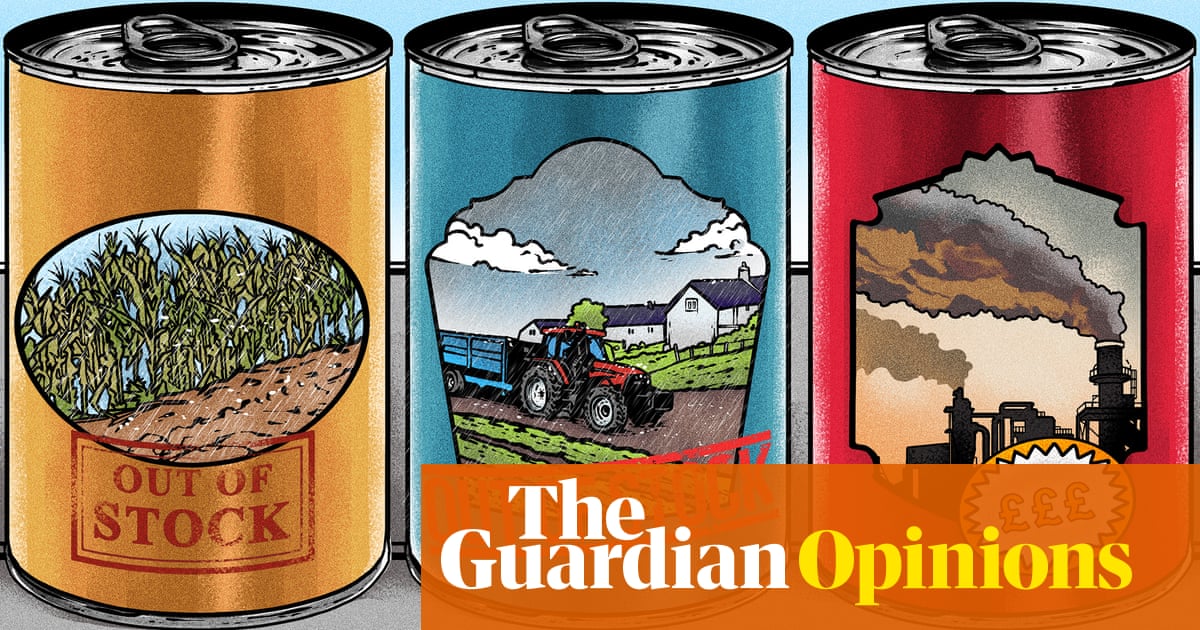
There are a lot of details to enjoy in the story of Bryan Johnson, the middle-aged almost-billionaire spending $2m (£1.6m) a year pursuing eternal youth. As described in the Times this week, Johnson has received “plasma infusions” from his 17-year-old son, had “33,537 images of his bowels” taken, and tried experimental treatments previously only tested on mice. But the one I like best, I think, revolves around his meal plan. As a man who made $800m (£646m) from the sale of his company to eBay, he enjoys a diet of “brown sludge” made of pureed vegetables – baby food, in other words. From the photos, these measures certainly seem to be working: the 45-year-old tech entrepreneur looks approximately 43.
It is, of course, a source of reliable entertainment to study how the very wealthy set about ruining their lives. If excess is the quickest and most conventional route to self-destruction, self-denial is the more rewarding approach for the idle observer. There is nothing quite like the spectacle of a man with huge resources failing to grapple with his own mortality and spending what precious time he has left in joyless pursuit of a goal that is doomed to fail.
This schadenfreude is unattractive, no doubt, and to Johnson’s credit, during the video feed of the plasma transfusion, he good-naturedly read out some of the horrible messages coming in from the public, including: “I hope he gets hit by a bus,” and “Maybe he chokes on a piece of broccoli or mushroom” – which, Johnson allowed, would certainly live up to the “irony in life”. Perhaps in his position, we might also throw money at the single insurmountable problem of life – namely death – and expose ourselves to the same ridicule. But the entire enterprise, common in various forms across the billionaire class, seems premised on such a faulty understanding of what it is to be alive that it is hard not to wonder how these people became so rich in the first place.
This is the perennial chicken-and-egg question about the hyper-wealthy: is their denial of reality one of the features that enabled their wealth, or a delusion that comes about in its wake? Standard motivational advice to accept no limitations might be useful if you’re setting up a payment processing software company, but seems less so when grappling with the meaning of life. It is the hubris of people who consider themselves above the rules, including those governing the body (one is reminded of Steve Jobs trying unsuccessfully to hack conventional cancer care). At some point there will, presumably, be breakthroughs and disruptions in the field of human longevity, but it seems unlikely they will involve a diet of pureed vegetables.
The bigger question is one of cost; in the case of Johnson and his cohorts, not financial but existential. How sad, one might think, to be so untethered from, and horrified by, who one is in the present as to throw all one’s resources at reversal. It’s one thing to work out and eat well in an effort to stave off decrepitude, but quite another to obsess about trying to get back to being a teenager. One assumes that, when all these processes fail, Johnson and the others have a cryogenic safety net and trust in their heirs to bring them back when the technology exists – which raises the one and only upside to a potential mass extinction by global warming.
The billionaires would be better off investing, perhaps, in more low-tech resources, such as a nice introduction to existential philosophy, on the assumption that brown food and life-extending procedures tested on mice will only get them so far. If part of the makeup of people who become so successful is a high tolerance for risk and regard for danger, they might blow their own minds by facing the absolute certainty that their short, bracing presence on Earth is all there is or will ever be – and that to deny it may mean missing the entire thing.
Emma Brockes is a Guardian columnist












